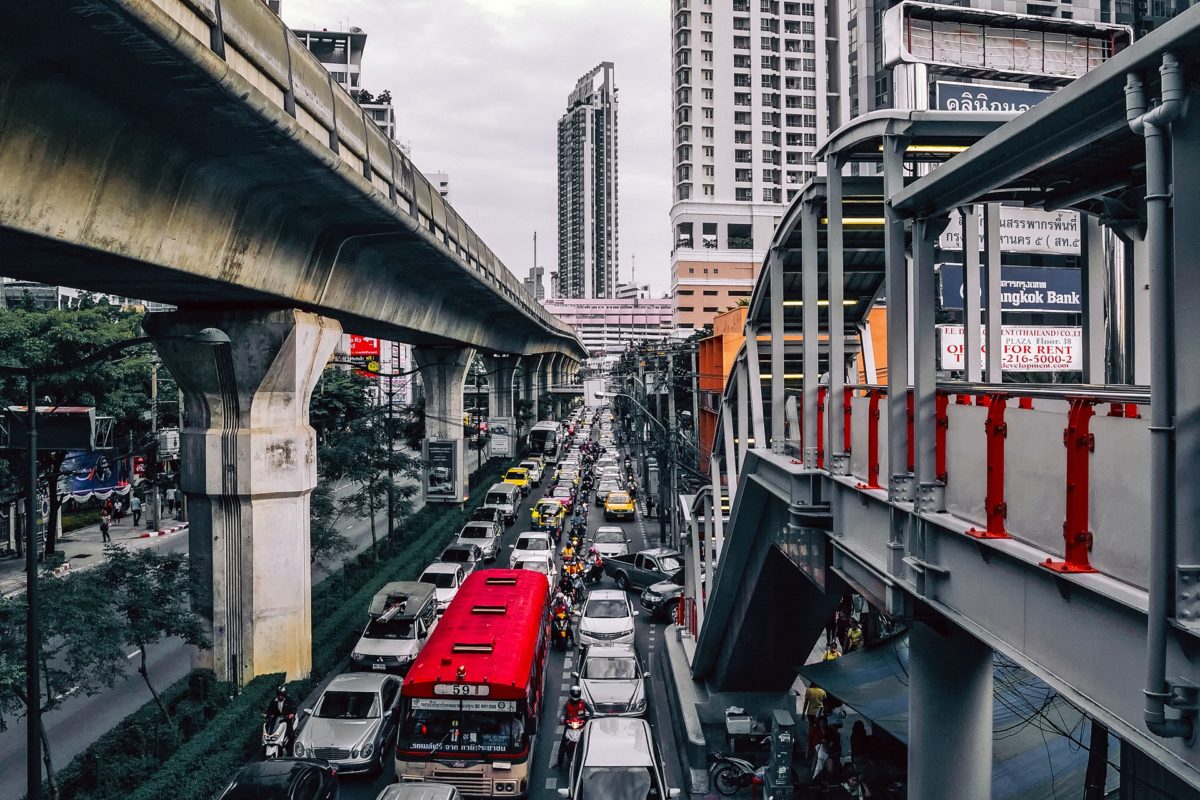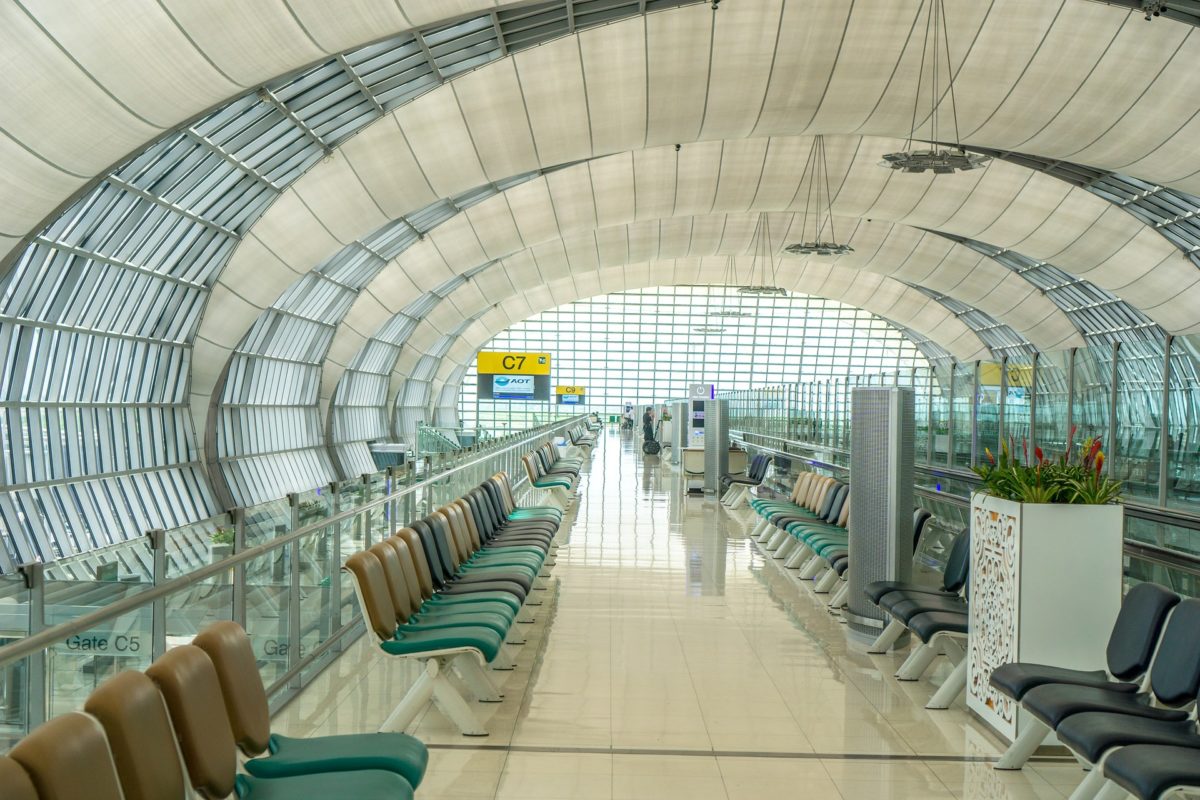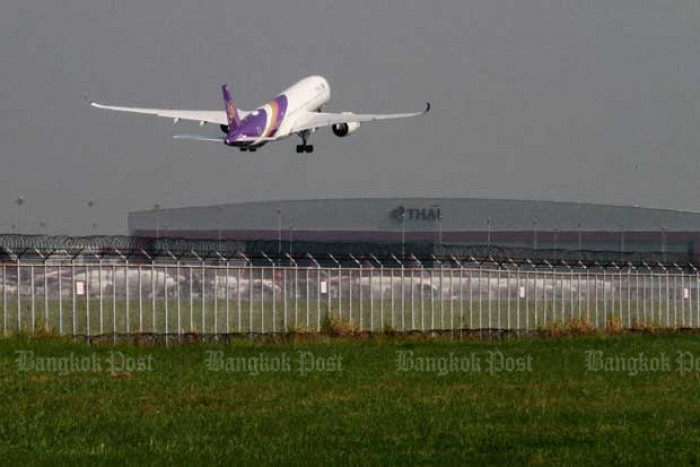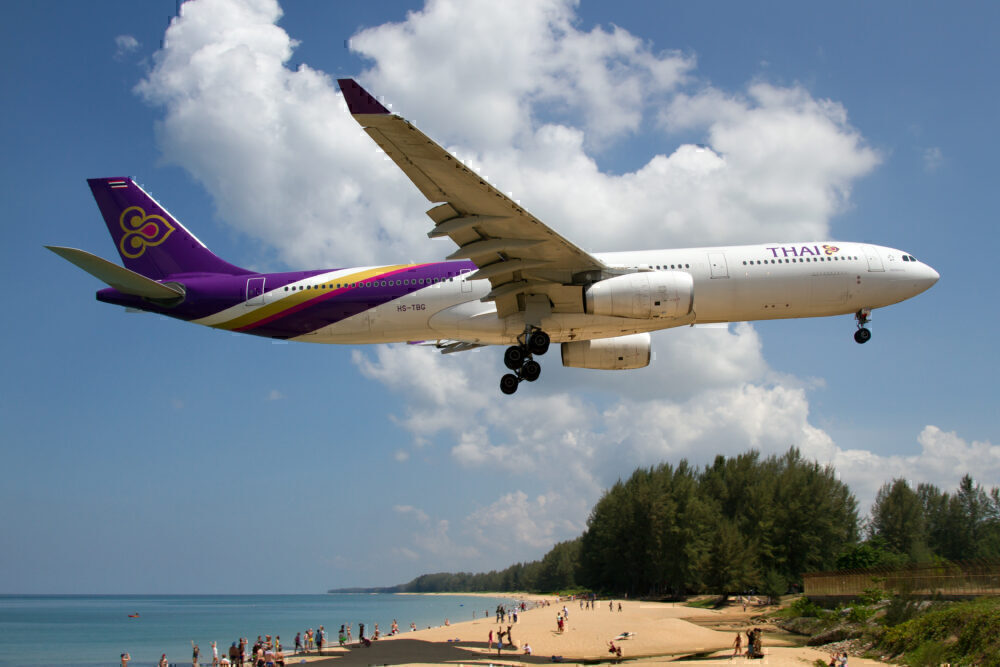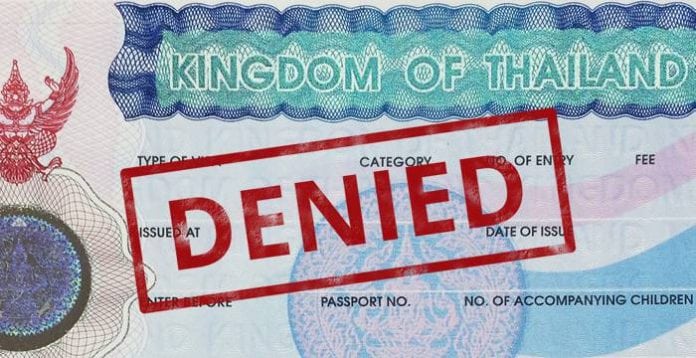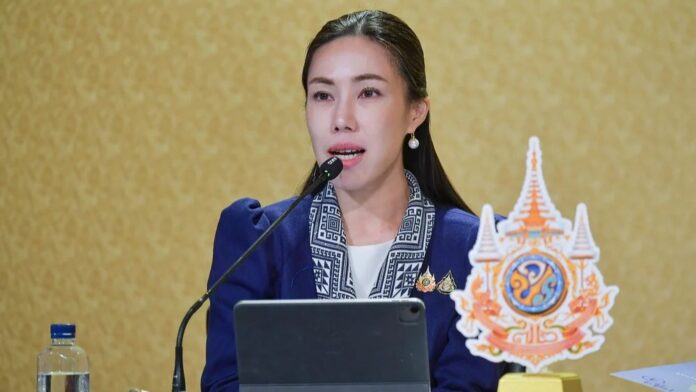
I am an expat, a blogger and world wanderer who became "stranded" in Thailand due the outbreak of the Corona virus. Was it by choice? Yes!!!
Those of us remaining in Thailand have now been here for many months. When the Big C (COVID-19) came around and borders started to close, we did not flee back to our country of origin. We stayed at personal and family expense, knowing also that if our ageing relatives in far off lands needed us, there would be little we could do except rely on the generosity of others.
Why did we stay? Many of us stayed because of jobs, to provide support and leadership to those who brought us here. Most of us bunkered down for the unknown, trusting Thailand, not knowing what would happen at the time of this deadly pandemic. Although it had lasted longer than many of us had expected, we are fortunate to be able to go about our lives.
Our "new normal" is weird. We can do almost all of the things we used to do, except we cannot easily return to see family and friends in our countries of origin. Or if we do, we risk many weeks of quarantine, huge expense and the stress of trying to return to Thailand.
We can run in Lumpini Park, we can shop at EmQuartier, we meet friends for coffee and nice lunches. I can travel freely at weekends to wherever we want in Thailand, thanks to a company car and the Air Asia unlimited pass. For me it has been a very, very privileged Bangkok lifestyle. I have lost count of the number of people around the world who have said they want my life!
Some expats, ourselves included, are not here on expatriate contracts but on local contracts. That makes us sort of locals, who arrived on a one-way ticket from Australia. No wonder 'home' has blurred into a difficult question. And when asked at the moment "Where do you come from?" We answer firmly "Bangkok!"
I say to those moaning foreigners that you read about, if you don't like the place then leave. Go back to Brexit Britain, Europe in crisis, America in turmoil or Australia/New Zealand in its second wave of lockdowns.
I can not say it loud enough, or strong enough, I am so fortunate to be here in Thailand.
We are committed to Thailand, make us part of the solution
We expats are here to contribute towards our chosen lives in Thailand. It is sad when we feel we are not part of the solution, but maybe seen as part of a problem.
The pandemic is having such a sad impact on the economy and in particular my area of interest as a travel writer. It was always our intention to support domestic tourism right from those early days of Covid lockdown. We are now approaching our 40th hotel stay since February, we have taken tours and we visit attractions across Thailand.
Accessing the support of expats in the Thai domestic travel revival
Embrace us, love us and lets work out together on the domestic tourism front and more, to help our chosen homeland at its time of need.
Don't worry or be concerned about having us stay – in your taxis, in your countryside, in your shopping malls, or running in your marathon races.
This means don't cancel my booking because you are afraid that I might arrive to stay with Covid. Yes! This actually happened.
- Plan and trust in your own COVID-19 protocols to pick out anyone arriving who is unwell from wherever they arrive.
- Educate your staff on Thailand's current situation regarding International arrivals. As I understand, unless at the government invitation, and even then… all inbound arrivals will undergo a 14 day quarantine.
Yes, we may be arriving with a foreign passport, but we are no more, or less, likely to have COVID-19 than your last guest. Yes, you can check exactly when our last entry into Thailand date was, in my case 12 February 2020. No, I have not been able to leave the country since then. No, thank you, I do not need collecting from international arrivals in Phuket!
Thai's changing attitudes towards expats
I don't like the word's Xenophobia but I do want to explain this.
We are getting more and more examples in our daily lives where we feel at 'best' uncomfortable in Thailand, and at worst we are unwelcome.
I have had experience of Thai passengers not wanting to sit next to us on crowded planes… Taxi drivers refusing to pick us up because of Covid concerns.
Fortunately, our countryside bike tour went ahead, because the villagers were pre-briefed that the farang would be cycling through and that we were long stay people in the country.
The issue seems to be that as expats, no one can distinguish us from new arrivals and the inherent risks they may bring. Understandably everyone, ourselves included, are edgy knowing that all new reported Covid cases into Thailand have come on returnees from overseas. This situation is surely only going to worsen as Thailand looks to reopen borders?
Find a way that us farang can contribute
We would love to be included in the Thailand Together government-supported travel campaign. We applaud the suggestion made by the President of the Thailand Hotels Association to extend this initiative to grant expatriates the same residents privileges.
It has been suggested that there are between 500,000 expats residing here in Thailand. Reports show that typically expatriates spend considerably more per head than the average Thai traveller.
We pay Thai Tax, employ Thai staff, we are live here as locals. We enjoy travel, we generally spend well, we have holidays accrued, and we are unlikely to go on any of the overseas family visits and holidays we had planned… Encourage us to get off the beaten track in Thailand.
Let's start a hashtag #AmazingExpatsThailand that lets us show you our contributions to local tourism and where we have been
Look at Richard Barrow's Facebook page #mythailandbucketlist. There is a huge number of foreigners here in Thailand who contribute immensely and shine a light on incredible places to visit. The excitement for us to get out and explore Thailand is building.
We would love to do this and it could help domestic travel as well.
Look to the silver market!
TAT, try to focus on the 'silver market' (I detest the word that refers to those over 50). There has been talk of trying to attract the young millennials, believed to be adventurous and the first to return to travel. However, the older population with grown kids at uni or beyond have a greater disposable income. We also have time. We have so much holiday time accrued and saved for family visits overseas, but does not look like it will happen this year. Covid helped us realise that we need to seize the moment. We, the silver market, are beginning to see – how do we phrase this delicately – that time is pressing!
Look at the female traveller market
All the women I know in Thailand are travelling big time! We are seeing a rise as was forecasted for the solo female travel market. Girls' trips away to Chiang Mai, Phuket and Nan are all big topics of conversations within the groups I attend. Thailand is ideal for this market, it's safe and it's fun and with so much to see and do.
There is the added benefit when the women in Thailand travel. They often return to great places they have found with family and friends.
We also have a constant stream of family, friends and overseas countryfolk come and stay in Thailand on recommendation from us so we act as referrers and influencers.
Change of attitude
Let us expats help you maintain and revive the wonderful travel industry and hospitality for which Thailand has been known across the world.
